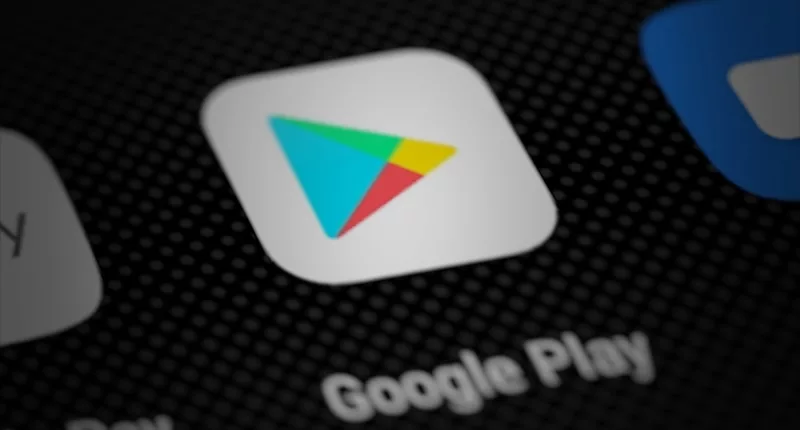In a big blow to Google, the tech titan has now been ordered to dismantle its longstanding restrictions on app developers and open up its Play Store to rivals. This comes after US District Judge James Donato ordered the company to allow for greater competition within its Android ecosystem by supporting alternative app stores and payment methods in its Play Store.
This means a massive win for Epic Games, which has been embroiled in a lawsuit with Google for years. Things began to heat up four years ago when the Fortnite-maker accused Google of stifling competition in the mobile app sector, arguing that Google imposed restrictive rules and high fees on app developers to maintain its dominance. Unlike its lawsuit versus Apple, Epic won this one, when the jury ruled that Google maintained a monopoly in the app store sector and charged exorbitant fees to developers.
Going forward, Google’s Play Store business model will undergo multiple changes. From November 1, the company will have to make provisions for Android users to download rival app stores from the Google Play Store. In addition to this, the company can no longer make its billing system a mandatory one – it usually imposes a fee of 15% to 30% on in-app purchases, and cannot prevent developers from promoting alternative downloading methods for its Play Store apps (in other words, this means that rival Android app stores can access Google Play’s family of apps).
Furthermore, both Epic Games and Google will team up to form a committee (consisting of three individuals) to review technical issues related to Google’s compliance,
And if this is not enough, the federal judge’s ruling also prevents Google from paying developers to keep their apps exclusive to the Google Play Store, thereby removing financial incentives that have historically limited competition. What Google can do is charge a fee for “reasonable measures,” which the company maintains will be used to maintain the safety and security of its users. This ruling will be valid for a period of three years. According to Donato, the ruling was limited to three years since “the provisions are designed to level the playing field for the entry and growth of rivals, without burdening Google excessively.”
What does this mean for Google? The obvious repercussions will be an impact (decline) in its dominance in the app store market and overall revenue – estimates suggest that Google could clock a potential loss of over $1 billion in gross profit. This will be concerning for Google, especially since Google Play generated approximately $14.66 billion in sales in 2020 alone, while consumers spent a total of $35.8 billion on mobile apps for the first quarter of the year. So far, Alphabet’s shares are priced at $164.39.
For its part, Google said that it intends to appeal the judge’s decision. “The Epic verdict missed the obvious: Apple and Android clearly compete,” Google said. “We will appeal and ask the courts to pause implementing the remedies to maintain a consistent and safe experience for users and developers as the legal process moves forward.” The company further argues that the ruling will “put consumers’ privacy and security at risk, make it harder for developers to promote their apps, and reduce competition on devices.”
The Tech Portal is published by Blue Box Media Private Limited. Our investors have no influence over our reporting. Read our full Ownership and Funding Disclosure →






